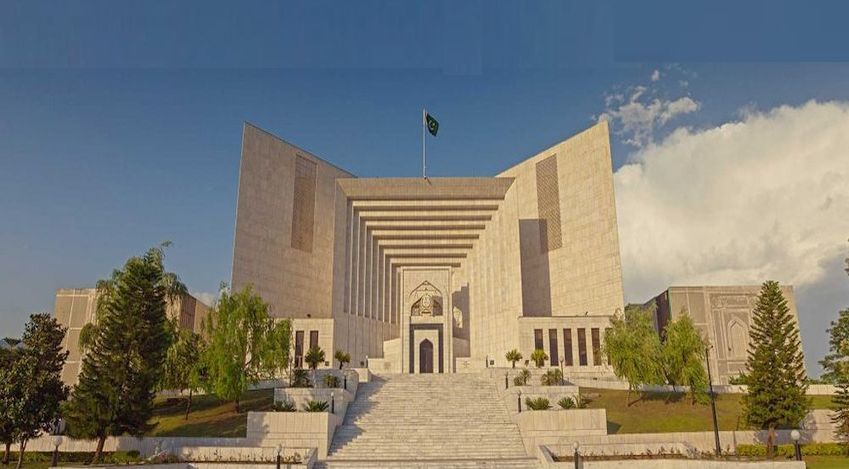A General Attorney cannot Transfer Property to Close Relatives without Special Permission from the Principal --- Supreme Court of Pakistan
Islamabad 07-10-2024: The Supreme Court of Pakistan, in a landmark ruling, dismissed a petition in Allah Bakhsh deceased through L.Rs & others vs. Muhammad Riaz & Others [Civil Petition No. 2565 of 2023], upholding the concurrent findings of the Lower Courts that affirmed the rights of respondents over a disputed 55 kanals of land in Sahiwal. The petitioners had challenged a Lahore High Court decision dated March 8, 2023, which had rejected their claims.
The case revolved around an oral agreement to sell land made in 1981, which the respondents argued was validated by their joint possession and cultivation of the land alongside the petitioners. However, the petitioners claimed ownership through a General Power of Attorney executed in 1981 and a subsequent sale deed registered in 2008, both of which were deemed fraudulent by the Lower Courts.
The Court reiterated that once a property is sold, the original owners (in this case, Respondents No. 1 and 2) have no further interest or right in the property. The aggrieved party (Respondents No. 3 to 5) who claimed their legal rights had been prejudiced, was the appropriate party to file suit. This principle was key in rejecting the petitioners’ argument that the sellers never sought to cancel the sale deed or mutation recorded in favor of the petitioners.
The Supreme Court emphasized that a general attorney cannot transfer property to close relatives without special permission from the principal. The Court cited its previous rulings in Maqsood Ahmad and others vs. Salman Ali (PLD 2003 SC 31) and Jamil Akhtar and others vs. Las Baba and others (PLD 2003 SC 494), which underscore that such transactions are void without express approval. The Court found no evidence that the petitioner sought or obtained such approval before transferring the disputed land to his sons and nephews.
The Court found further grounds for dismissal in the fact that the sale deed executed by the petitioners was not properly signed by the relevant parties. It noted that the multi-page document had signatures only on the final page, leaving the preceding pages, which contained crucial terms, unsigned. The Court held that such discrepancies rendered the sale deed invalid.
In dismissing the petition, the Court reiterated its position that it does not interfere with concurrent findings of fact unless those findings are perverse, arbitrary, or capricious. The Lower Courts had based their decisions on a thorough appreciation of the evidence, and no legal infirmity or misreading of facts was found.
The Supreme Court’s judgment reaffirms the need for strict legal compliance in property transactions, especially when general powers of attorney are involved. This decision upholds the principle that property transfers to close relatives by an attorney must be backed by special permission from the principal, or the transaction will be void. The petition was dismissed as devoid of merit, and leave to appeal was refused.
Powered by Froala Editor








